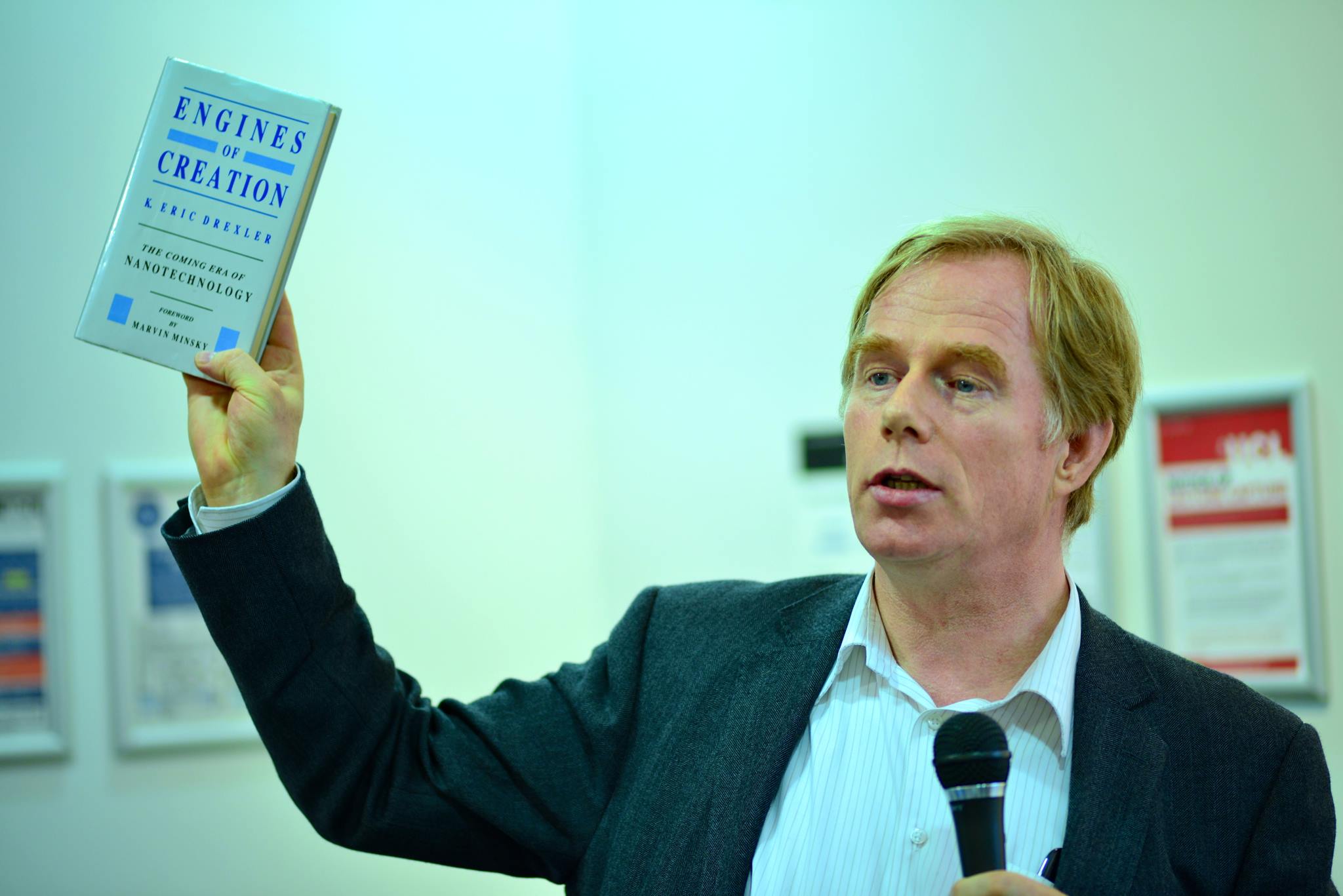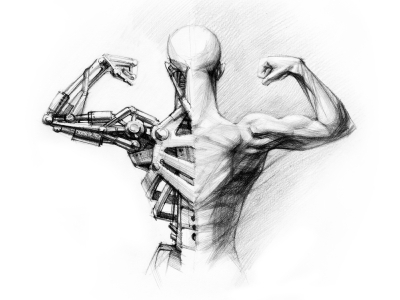Podcast: Play in new window | Download | Embed
Subscribe: RSS
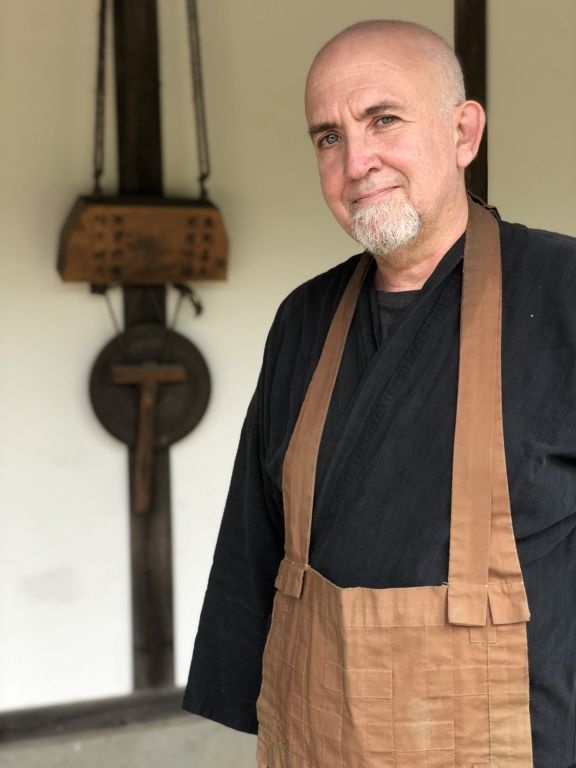 Many of you know that I am a fan of Buddhism in general and Zen Buddhism in particular. So I’ve always wanted to get a Zen Master on the podcast. I never imagined, however, that there is a Zen Master who has listened to almost every episode of my show. But the universe is a weird place and it turns out there is such a person.
Many of you know that I am a fan of Buddhism in general and Zen Buddhism in particular. So I’ve always wanted to get a Zen Master on the podcast. I never imagined, however, that there is a Zen Master who has listened to almost every episode of my show. But the universe is a weird place and it turns out there is such a person.
Roshi Jundo is a former Newyorker, lawyer, husband, father of 2, cancer survivor, and Japanese Soto Zen Master. He is the founder of the Treeleaf Sangha and co-host of the Zen of Everything Podcast. Jundo is also the author of The Zen Master’s Dance: A Guide to Understanding Dogen and Who You are In the Universe as well as an upcoming book provisionally titled Building the Future Buddha: The Kōan of Robots, Genes, Saving the World and Travelling to the Stars.
During our 2-hour conversation with Jundo Cohen, we cover a variety of interesting topics such as the story of how a Jewish kid from the Bronx became a Zen Master in Japan; Buddhism and Zen Buddhism; oneness, wholeness, and the illusion of separation; whether we are living in a simulation; why the world is both perfect and imperfect; moderation, compassion, simplicity, desire and excess; dealing with pain and discomfort; why acceptance is not giving up; the wave as a manifestation of the sea; artificial meat, modifying the human genome and other tech solutions to our problems; David Pearce’s Hedonistic Imperative; the singularity, AI and Transhumanism.
As always you can listen to or download the audio file above or scroll down and watch the video interview in full. To show your support you can write a review on iTunes, make a direct donation, or become a patron on Patreon.
Who is Roshi Jundo Cohen?
Jundo Cohen is a Zen teacher and founder of the Treeleaf Zendo, a Soto Zen community using visual media to link Zen practitioners around the world. Treeleaf serves those who cannot easily commute to a Zen Center due to health concerns; age or disability; living in remote areas; or work, childcare, or family needs. It provides zazen sittings, retreats, discussion, interaction with a teacher, and all other activities of a Zen Buddhist sangha, all fully online without thought of location or distance.
Jundo was born and raised in the United States but has lived in Japan for more than half his life. He currently resides in Tsukuba “Science City,” Japan, home to Japan’s space program, dozens of research institutes, a particular collider, and several of the world’s fastest Super Computers. He was ordained and subsequently received Dharma transmission from Master Gudo Wafu Nishijima and is a member of the Soto Zen Buddhist Association. He is the author of The Zen Master’s Dance: A Guide to Understanding Dogen and Who You Are in the Universe, Wisdom Publications, 2020

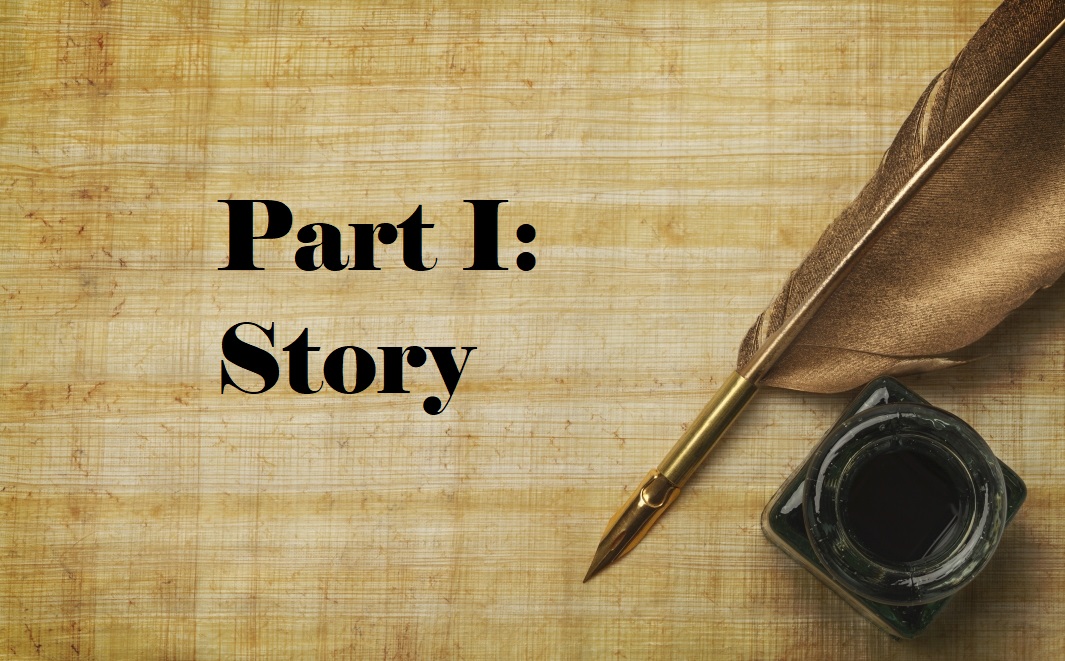
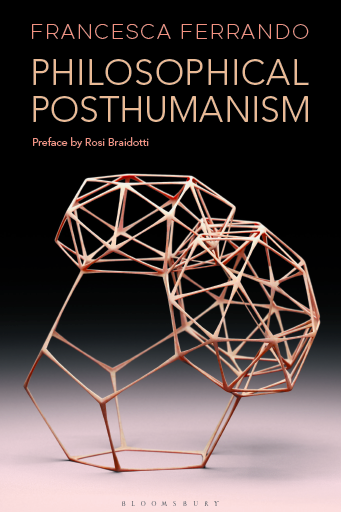
 Francesca Ferrando teaches Philosophy at NYU-Liberal Studies, New York University. A leading voice in the field of Posthuman Studies and founder of the
Francesca Ferrando teaches Philosophy at NYU-Liberal Studies, New York University. A leading voice in the field of Posthuman Studies and founder of the 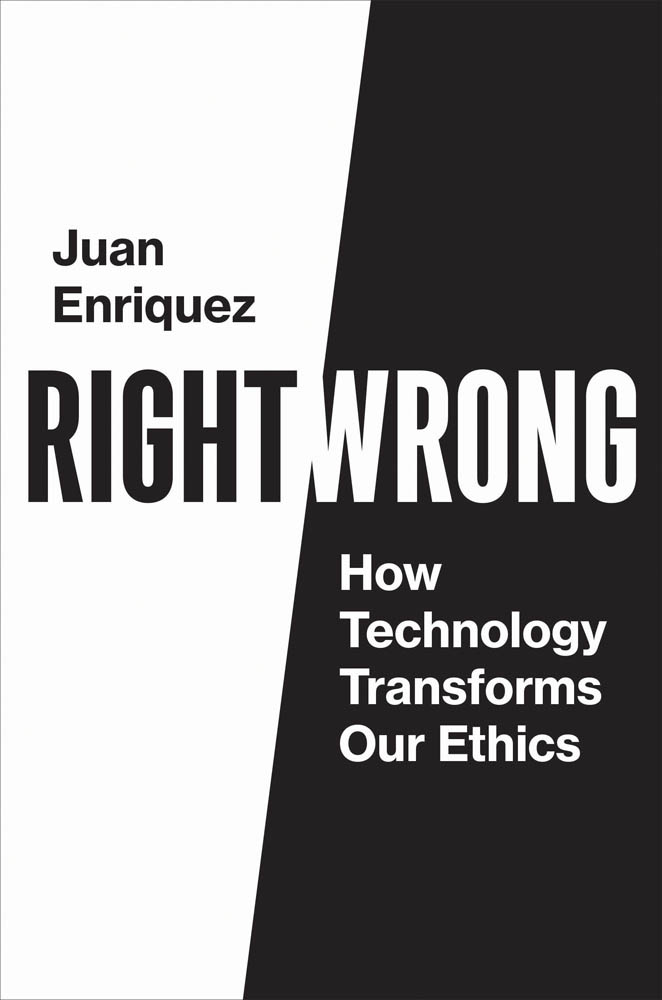
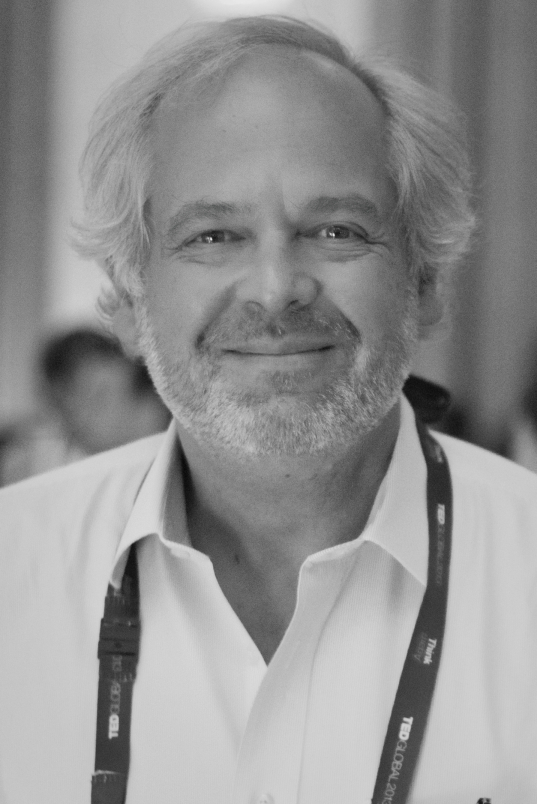 Juan Enriquez is a leading authority on the economic impact of life sciences and brain research on business and society as well as a respected business leader and entrepreneur. He was the founding Director of the Harvard Business School’s Life Sciences Project and is a research affiliate at MIT’s synthetic neurobiology lab. After HBS, Juan became an active angel investor, founding Biotechonomy Ventures. He then co-founded Excel Venture Management. Author and co-author of multiple bestsellers including As the Future Catches You: How Genomics Will Change Your Life, Work, Health, and Wealth (1999), The Untied States of America: Polarization, Fracturing and Our Future (2005), Evolving Ourselves: Redesigning Humanity One Gene at a Time (2015,) and
Juan Enriquez is a leading authority on the economic impact of life sciences and brain research on business and society as well as a respected business leader and entrepreneur. He was the founding Director of the Harvard Business School’s Life Sciences Project and is a research affiliate at MIT’s synthetic neurobiology lab. After HBS, Juan became an active angel investor, founding Biotechonomy Ventures. He then co-founded Excel Venture Management. Author and co-author of multiple bestsellers including As the Future Catches You: How Genomics Will Change Your Life, Work, Health, and Wealth (1999), The Untied States of America: Polarization, Fracturing and Our Future (2005), Evolving Ourselves: Redesigning Humanity One Gene at a Time (2015,) and 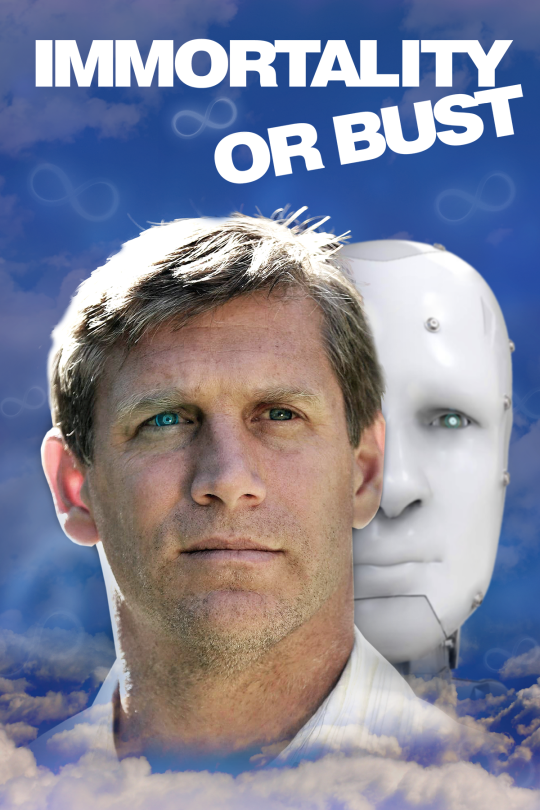 In February of 2015, I saw an article announcing
In February of 2015, I saw an article announcing 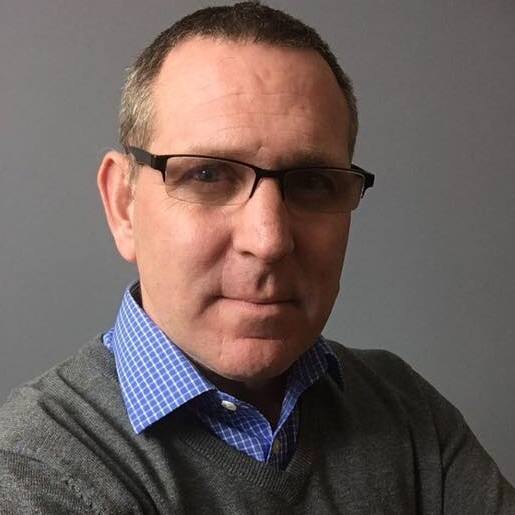 Daniel Sollinger
Daniel Sollinger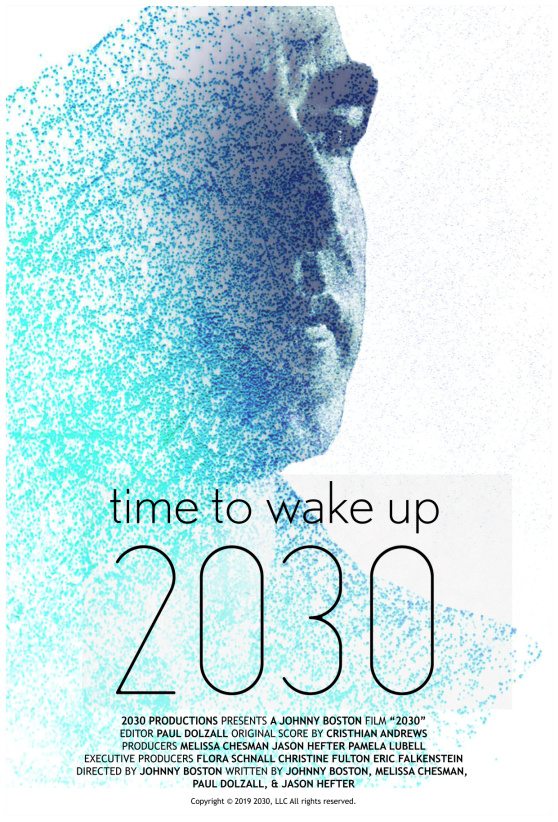 2030
2030
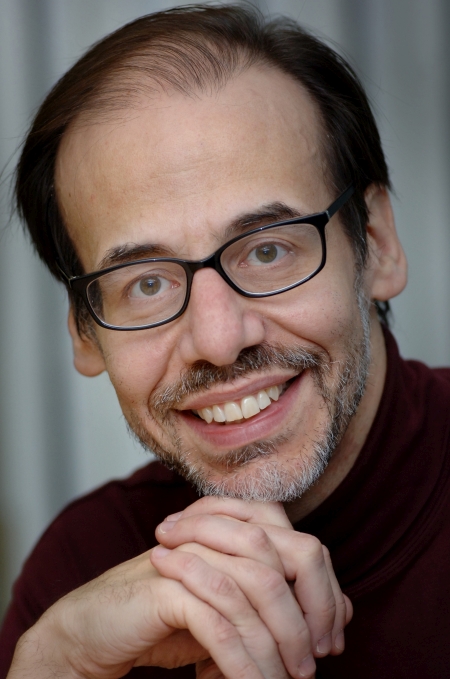
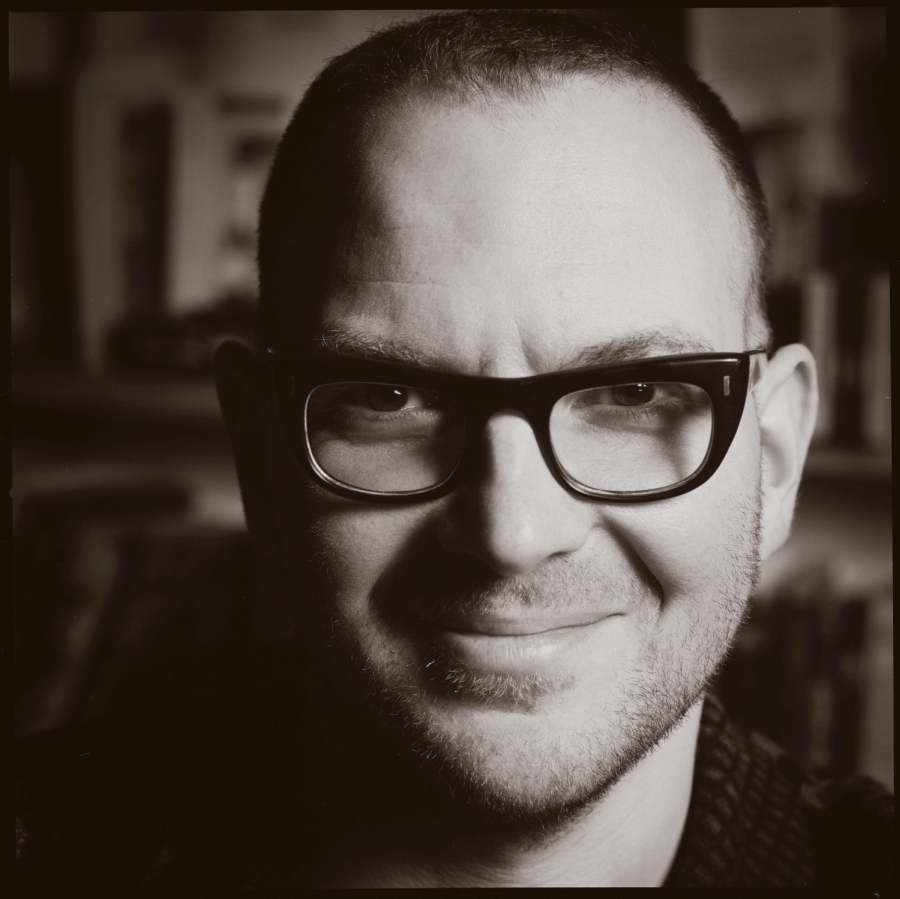
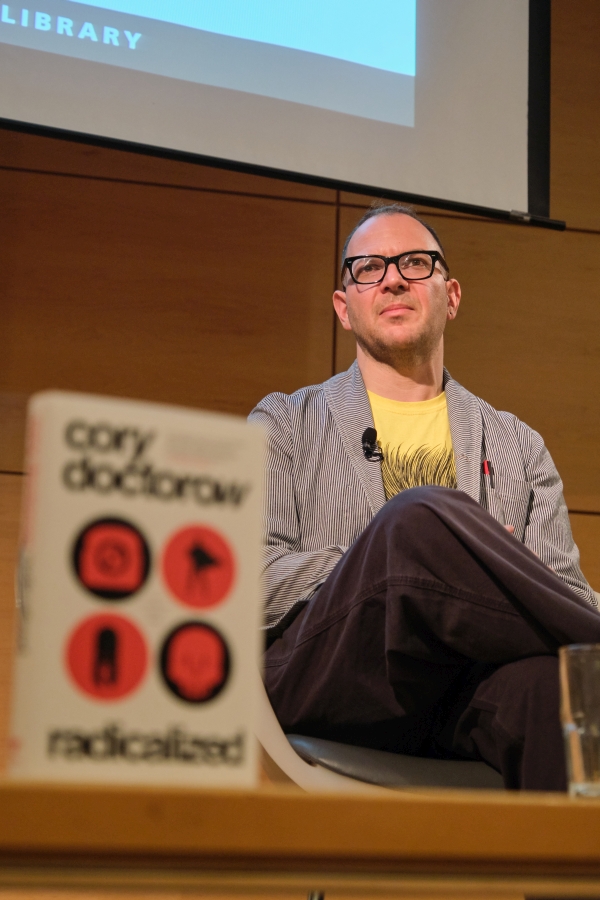 Cory Doctorow (craphound.com) is a science fiction novelist, blogger and technology activist. He is the co-editor of the popular weblog Boing Boing (boingboing.net), and a contributor to many magazines, websites and newspapers. He is a special consultant to the Electronic Frontier Foundation (eff.org), a non-profit civil liberties group that defends freedom in technology law, policy, standards and treaties. He holds an honorary doctorate in computer science from the Open University (UK), where he is a Visiting Professor; he is also a MIT Media Lab Research Affiliate and a Visiting Professor of Practice at the University of South Carolina’s School of Library and Information Science. In 2007, he served as the Fulbright Chair at the Annenberg Center for Public Diplomacy at the University of Southern California.
Cory Doctorow (craphound.com) is a science fiction novelist, blogger and technology activist. He is the co-editor of the popular weblog Boing Boing (boingboing.net), and a contributor to many magazines, websites and newspapers. He is a special consultant to the Electronic Frontier Foundation (eff.org), a non-profit civil liberties group that defends freedom in technology law, policy, standards and treaties. He holds an honorary doctorate in computer science from the Open University (UK), where he is a Visiting Professor; he is also a MIT Media Lab Research Affiliate and a Visiting Professor of Practice at the University of South Carolina’s School of Library and Information Science. In 2007, he served as the Fulbright Chair at the Annenberg Center for Public Diplomacy at the University of Southern California.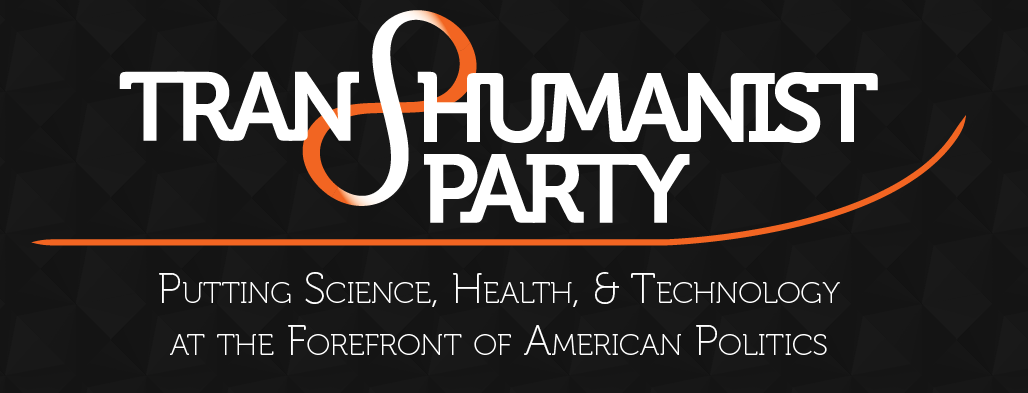 Transhumanism is a growing social and philosophical movement with more and more people becoming aware of and sympathetic to it. In fact, in the last couple of years, transhumanism has gone political with new transhumanist parties emerging in the UK and the United States. And, since I have already argued that
Transhumanism is a growing social and philosophical movement with more and more people becoming aware of and sympathetic to it. In fact, in the last couple of years, transhumanism has gone political with new transhumanist parties emerging in the UK and the United States. And, since I have already argued that 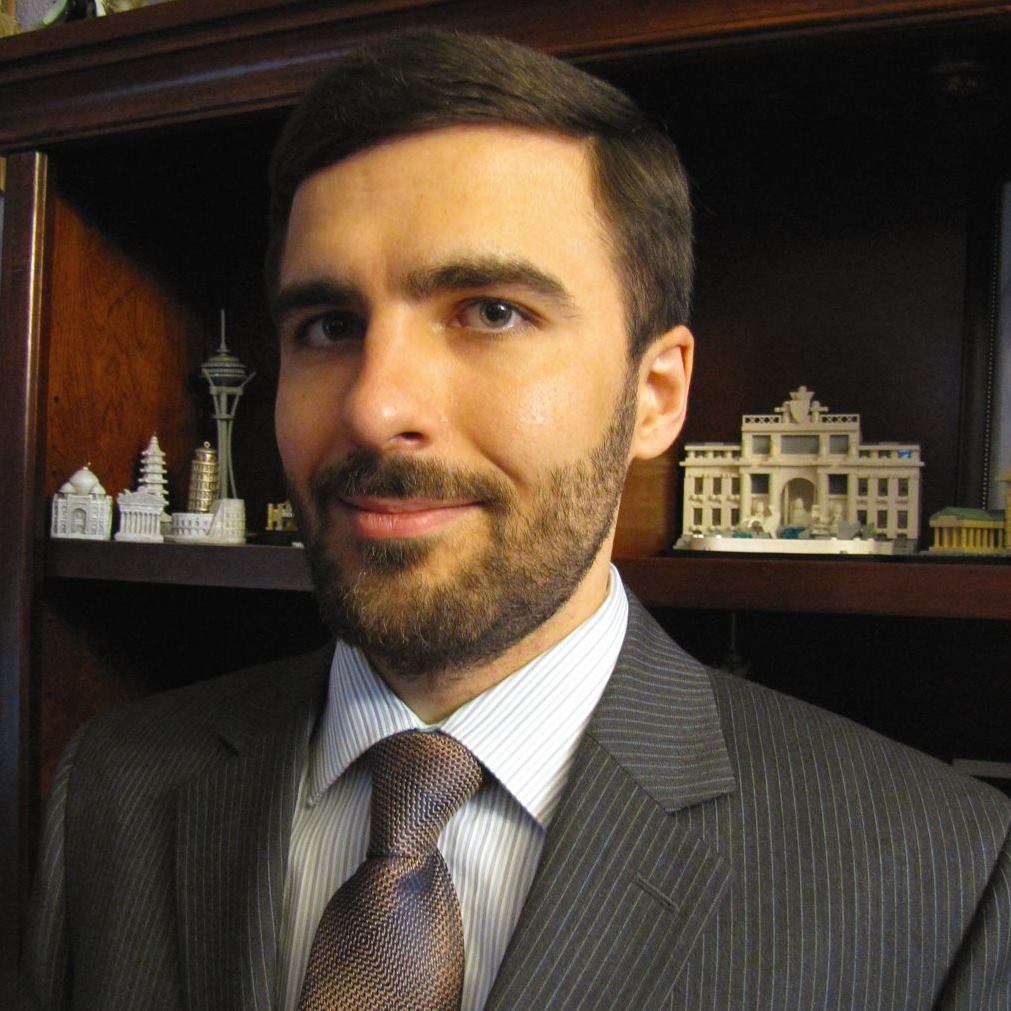 Gennady Stolyarov II
Gennady Stolyarov II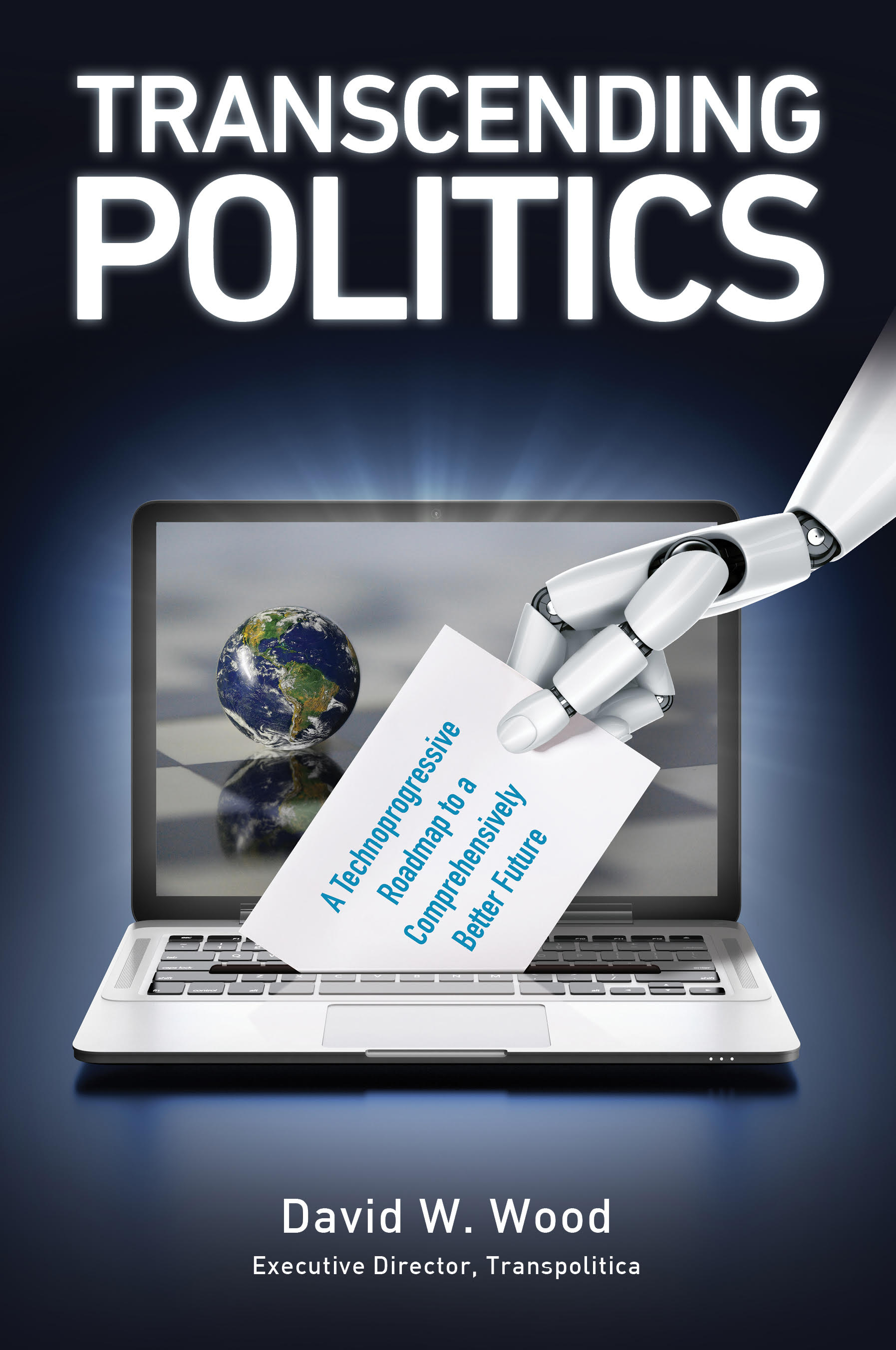 “There’s no escape: the journey to a healthier society inevitably involves politics.” This is how well-known futurist David Wood starts his most recent book
“There’s no escape: the journey to a healthier society inevitably involves politics.” This is how well-known futurist David Wood starts his most recent book 